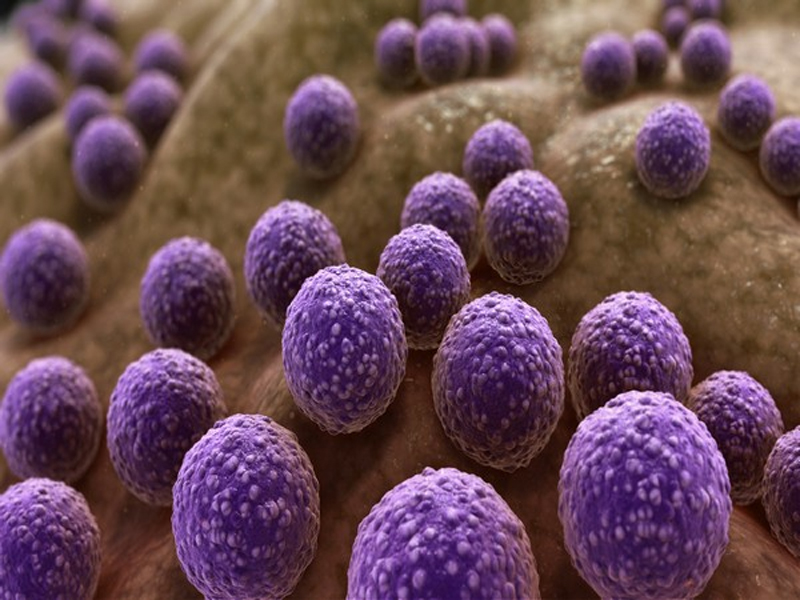NEW DELHI, May 1:
The Antimicrobial Resistance (AMR) is a global threat that cannot be solved by one sector or one country alone but India can play a key role, a senior Swedish official said here, emphasising the need for an international collaboration.
The AMR refers to a situation when germs like bacteria and fungi develop the ability to resist the drugs designed to kill them.
Dr Malin Grape, the AMR ambassador from Sweden who recently visited India, said several commitments, strategies, and action plans have been developed to tackle this crucial issue.
“As a major pharmaceutical manufacturing center, India is particularly important in this regard, especially with the G-20 and health target discussions among participating countries,” Grape said.
India and Sweden have had a longstanding memorandum of understanding in the health sector since 2009, with AMR being a part of the collaboration, Dr Grape said.
She stressed that India, being one of the world’s largest pharmaceutical producers, could play a leading and decisive role in this regard, and it is essential to start discussions with relevant stakeholders to address antibiotic residues by involving research, industry, government, and policy bodies.
While in India, Dr Grape engaged in several activities aimed at addressing the global challenge of antimicrobial resistance (AMR) commonly referred to as the silent pandemic.
She met with officials from the Ministry of Health and Family Welfare, the Central Drugs Standard Control Organisation, and the World Health Organization to discuss ways to prioritise AMR on the political agenda and strengthen the Sweden-India position.
Dr Grape also visited a pharmaceutical manufacturing unit in Punjab to observe preventive measures taken against environmental pollutants and water contamination, which can contribute to the spread of AMR in society.
As one of the priority public health targets of G20 countries, AMR is being addressed under the One Health concept which promotes an integrated approach encompassing human health, animal health, and the environment.
“India’s G20 status could be leveraged to generate more interest in the issue and invite relevant stakeholders to join efforts in improving implementation on the ground with respect to AMR toxicity,” she said.
In Delhi, she had addressed a workshop at the Embassy of Sweden along with the EU Delegation to India on ‘One Health Approach to Antimicrobial Resistance: environment and manufacturing industry’.
The goal of the workshop was to review the state-of-play and initiate a productive discussion and identify areas for further collaboration to pave the way for a sustainable and effective solution for reducing the impact of antibiotics in the environment and curbing the spread of AMR. (PTI)


